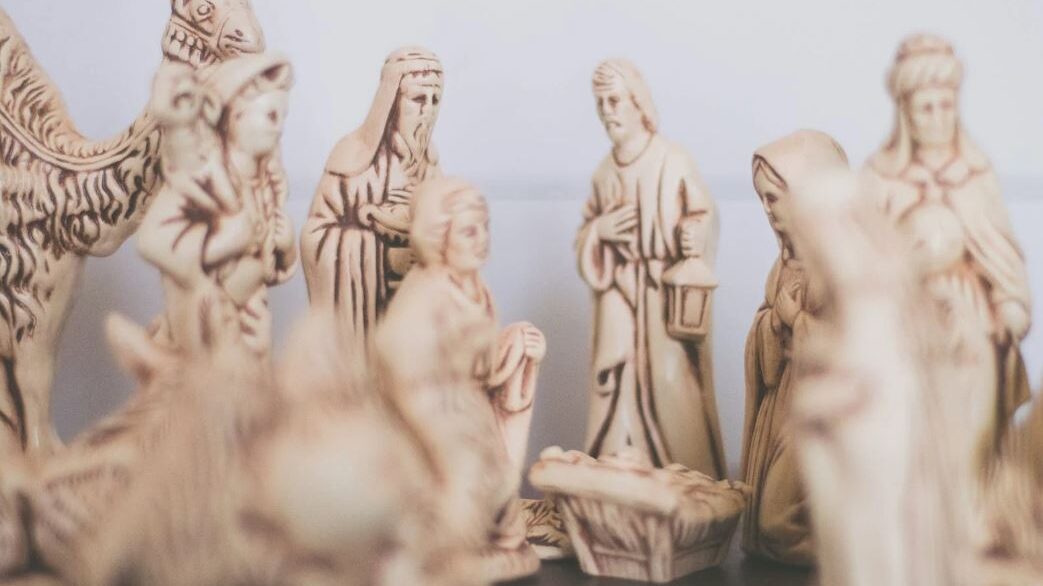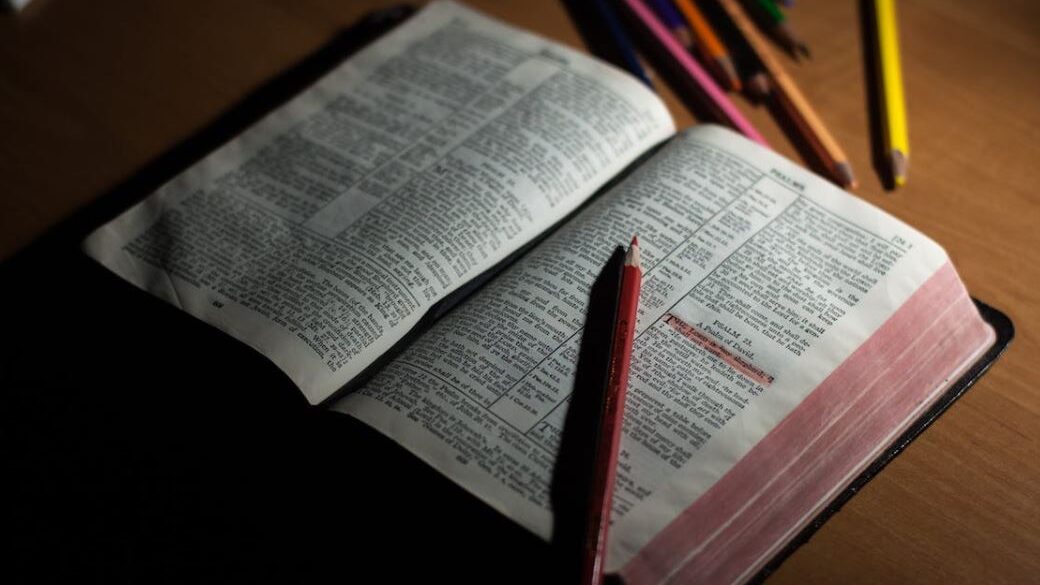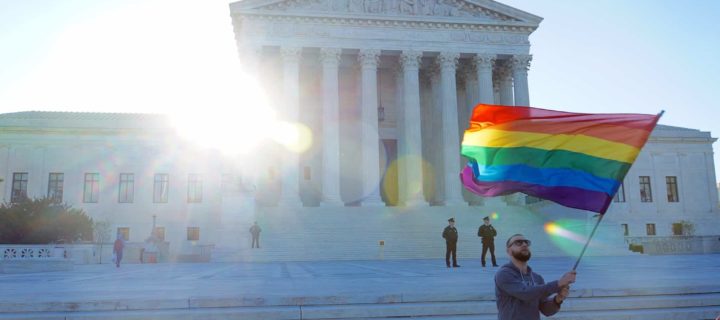
Are Trans People allowed in the Bible
When it’s a slow day in the religious departments, they often condemn people who belong to the LGBTQIA+ community. Most of the targets are the ones who express their love for the same sex. They are often lesbians, gays, and transgender individuals.
Today, we’re not going to discuss the obvious. We’re going to try and see where they’re coming from. After all, people in the LGBTQIA+ community know how it feels to be prejudged. So the best way of not being a bigot is to know why religious people think and act the way they do.
We’re going to focus on the ill feelings towards transgender people. The best way to find out is to know the answer to the question… What does the bible say about transgender people?
On this page
Adam and Eve (The Bible’s Gender Binary)
When it comes to genders, Christians often refer to the creation part in the book of Genesis. According to the scripture in Genesis 1:27,
So God created humankind in his image, in the image of God he created them; male and female he created them
While that’s true, most Christians only digest the words literally. But the world is too broad to be boxed in a literal sense. For example, the book also mentioned the creation of land and see along with flying birds and swimming fish. But this doesn’t mean that the creations only come in twos.

God created the world with many spectrums. If you take everything literally, dolphins and penguins shouldn’t exist because they don’t only swim, they also jump!
The problem begins not because of what’s written but how people perceive it. Added to that, the bible also says that we were all created in God’s image. However, we come in different shapes, sizes, and colors. Nobody knows what God really looks like. Does this mean that our existence based on his image should be discounted as well?
Gender Expression
Apart from the gender itself, what does the bible say about trans gender expression or GE in general? When this topic is mentioned, Christians often refer to the book of Deuteronomy. According to Deuteronomy 22:5,
A woman shall not wear a man’s apparel, nor shall a man put on a woman’s garment; for whoever does such things is abhorrent to the LORD your God

However, this just further negates the relevance of the scripture toward transgender people. Transgenderism is not only about dressing up. A transgender woman may undergo medical transition and still abide by the recommended clothing for her assigned gender at birth. Does that mean that she’s no longer a transgender person if she does so?
Also, in modern times, many women dress up with men’s apparel and vice versa. Does this mean that they’re doing abhorrent things to the Lord? If everything will be taken literally, more than half of the population will go to hell.
Many scholars also shared that this passage is not just about cross-dressing. It was also a rule for Hebrew people to be set apart from the Canaanite and Syrian religions. Israelites were known for their purity and strict categorical differences. It was created to forbid mixing (blending fabrics, plants, etc.) to reinforce their puritanism beliefs.
Eunuchs (Gender Diversity and Today’s Trans and Intersex)
Another Christian blockage for them to discount transgenderism is the existence of eunuchs in the bible. According to the Brittanica Encyclopedia, they are castrated human males. In the Middle East and China, they were usually employed as guards and servants of wives and concubines in harems and palaces. Some of them are also chamberlains.
According to Deuteronomy 23:1, those who are assigned male at birth shouldn’t have their reproductive organs crushed or cut off. If this happens, they’re not allowed to be part of the Israel community. However, when the Israelites were captured by Persia and Babylon, the existence of eunuchs has become more rampant.

They were said to have held different societal positions and had the ability to take on roles related to the male and female gender. Many scholars today associate them with transgender and intersex people because of their diversity. When the Israelites were freed, God has spoken through Isiah and said that in the new Israel, eunuchs will have a special place.
According to Isiah 56:5,
I will give, in my house and within my walls, a monument and a name better than sons and daughters; I will give them an everlasting name that shall not be cut off
Even Jesus Christ himself acknowledged the existence of eunuchs when he mentioned,
eunuchs who have been so from birth, eunuchs who have been made eunuchs by others–eunuchs who have made themselves eunuchs for the sake of the kingdom of heaven
So what does the bible say about transgenders?
If we will go by how Christians read the bible and take everything in a literal sense, NOTHING. The terms transgender and transgenderism didn’t exist in those times. And because nothing was mentioned, it’s safe to say that whatever most Christians are using against transgender people is irrelevant because they LITERALLY DIDN’T EXIST.

But if you’re going to read the bible and digest its deeper meaning, you’re going to know that the world was diversely and beautifully created. That the variety of animals, humans, lands, and seas, all exist and shouldn’t be demonized just because they weren’t revered through scriptures.
How can one expect a book of just over 700,000 words to house the millions of living beings under different spectrums? It’s like saying that because the bible only mentioned the creation of flying birds means that ostriches were created by another being.
Not about what’s written but how the words are interpreted
Finally, all of the discourses in the world can be put to a halt if only human beings agree to respect each other’s differences. This ranges not only in virtues but also in interpretations. Not a single human being in the world, even the most successful theologists, can be considered paragons of bible interpretation.
After all, the only real answer to all of this can only be obtained through God himself. He manifests in many different ways to people. The writings are neither correct nor incorrect, they exist and it’s up to us how we’re going to apply them to make us worthy of entering God’s kingdom.
Did you enjoy reading this guide? Kindly share it on your timeline!



